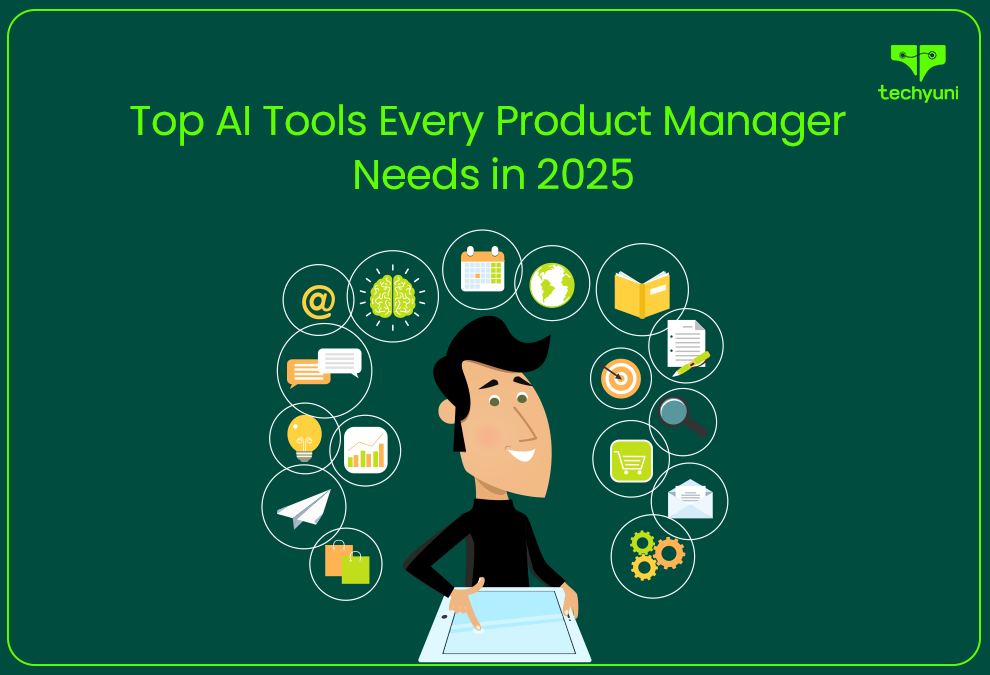
Best AI Tools for Product Managers in 2025
Explore top AI tools for product managers to streamline workflows, improve decision-making, and boost productivity in 2025.

Product managers play a crucial role in bridging the gap between business objectives, user needs, and technical execution. With increasing competition in the market, product managers are now turning to artificial intelligence (AI) tools to streamline workflows, improve decision-making, and optimize product development processes.
AI tools for product managers are no longer a luxury—they are a necessity to stay ahead in today’s fast-paced environment. From automating routine tasks to analyzing customer feedback, AI-powered solutions empower product managers to make data-driven decisions and focus on strategy and innovation.
In this article, we’ll explore the top AI tools for product managers in 2025 and how they can revolutionize your workflow.
Why AI Tools Are Essential for Product Managers

AI tools are transforming the way product managers work. Here’s why they’ve become indispensable:
-
Data-Driven Decision-Making: AI analyzes vast amounts of data and provides actionable insights.
-
Workflow Optimization: Automates repetitive tasks like scheduling and task management.
-
Enhanced Customer Insights: Processed customer feedback to identify trends and pain points.
-
Improved Collaboration: Streamlines communication and collaboration among teams.
-
Risk Mitigation: Predicts potential risks and offers solutions proactively.
By leveraging these tools, product managers can spend less time on administrative tasks and more time driving innovation.
Top AI Tools for Product Managers
1. Jira with Automation and AI Integrations
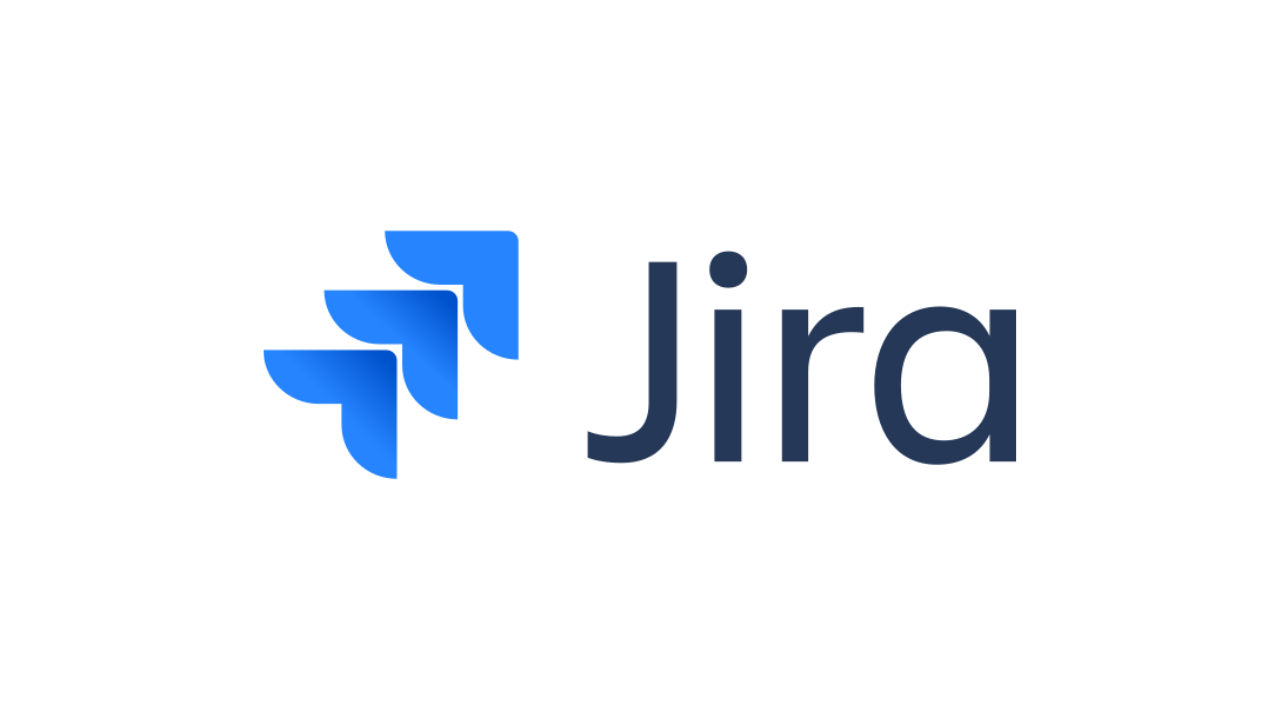
Jira, a popular project management tool, has introduced automation and AI integrations to help product managers streamline workflows. These AI-powered features enable managers to assign tasks, track progress, and identify bottlenecks with ease.
Key Features:
-
AI-Powered Insights: Identifies trends and potential risks in project timelines.
-
Automation Rules: Automates repetitive tasks like notifying team members or updating statuses.
-
Custom Dashboards: Visualizes project data for better decision-making.
-
Integrations: Seamlessly integrates with Slack, Confluence, and other tools.
Best Use Cases:
-
Tracking development cycles and sprint progress.
-
Automating communication updates with stakeholders.
-
Managing complex workflows across teams.
Official Link: Jira
2. Productboard: AI for Product Prioritization
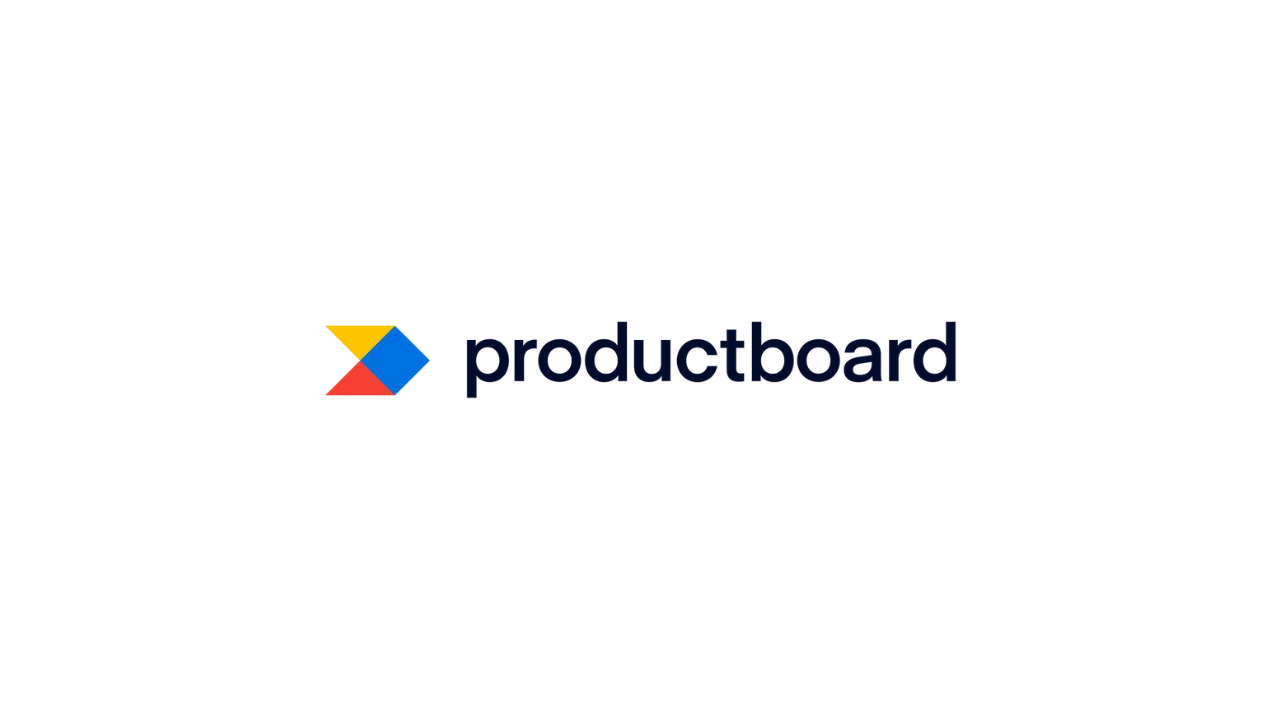
Productboard is an AI-powered product management tool that helps prioritize features and align product strategy with customer needs. It enables product managers to gather customer feedback, prioritize tasks, and create a roadmap that delivers value.
Key Features:
-
Customer Feedback Analysis: AI organizes and categorizes customer insights.
-
Feature Prioritization: Helps rank features based on customer impact and business goals.
-
Roadmap Visualization: Easy-to-share product roadmaps to keep teams aligned.
-
Cross-Team Collaboration: Brings teams together to ensure a unified approach.
Best Use Cases:
-
Prioritizing features for product updates.
-
Aligning product strategy with customer needs.
-
Creating and sharing roadmaps with stakeholders.
Official Link: Productboard
3. Trello with AI-Powered Butler Automation
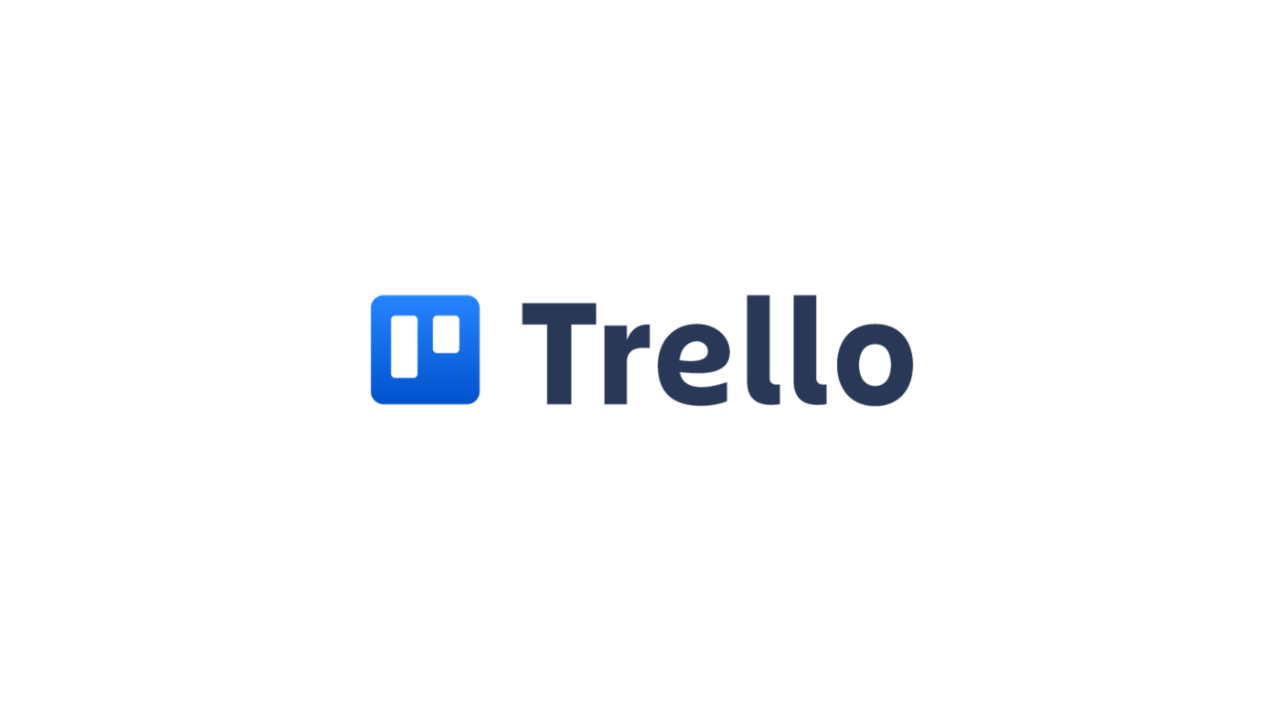
Trello, known for its simple and intuitive Kanban boards, now includes Butler automation powered by AI. This feature allows product managers to automate workflows, set up rules, and reduce manual interventions.
Key Features:
-
Butler Automation: Automates repetitive tasks like moving cards or assigning due dates.
-
Smart Recommendations: AI suggests optimizations based on your workflow patterns.
-
Integration-Friendly: Works with Slack, Google Drive, and other tools.
-
Custom Templates: Lets you create reusable workflows.
Best Use Cases:
-
Managing product backlogs and sprints.
-
Automating task assignments and notifications.
-
Organizing cross-functional team activities.
Official Link: Trello
4. Amplitude: AI for Product Analytics
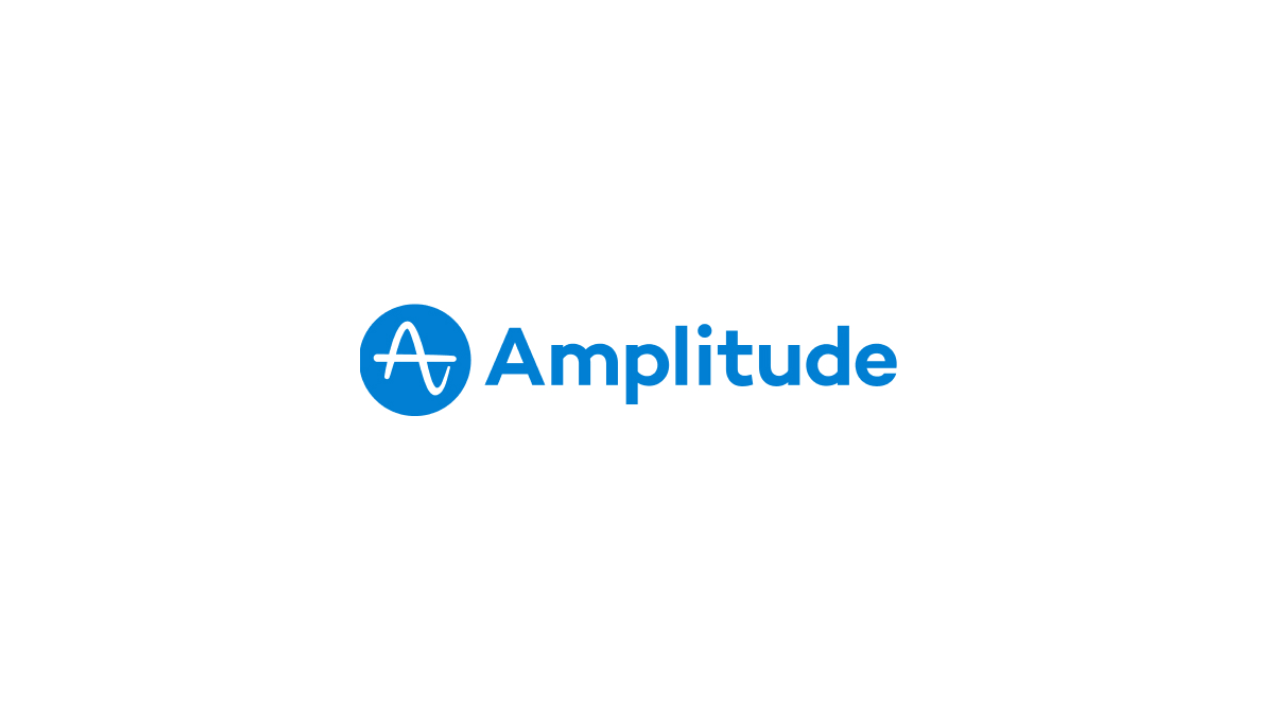
AI Tools for Product Managers
Amplitude is a leading product analytics platform that uses AI to provide actionable insights about user behavior. It helps product managers understand what features users love, identify drop-off points, and optimize product performance.
Key Features:
-
Behavioral Analytics: Tracks user journeys and identifies engagement patterns.
-
Predictive Analytics: AI predicts user behavior and feature success.
-
Cohort Analysis: Segments users to understand specific group behaviors.
-
Custom Dashboards: Visualizes data for clear, actionable insights.
Best Use Cases:
-
Identifying key user engagement metrics.
-
Analyzing feature adoption rates.
-
Improving customer retention through data-driven decisions.
Official Link: Amplitude
5. Notion AI: Intelligent Knowledge Management
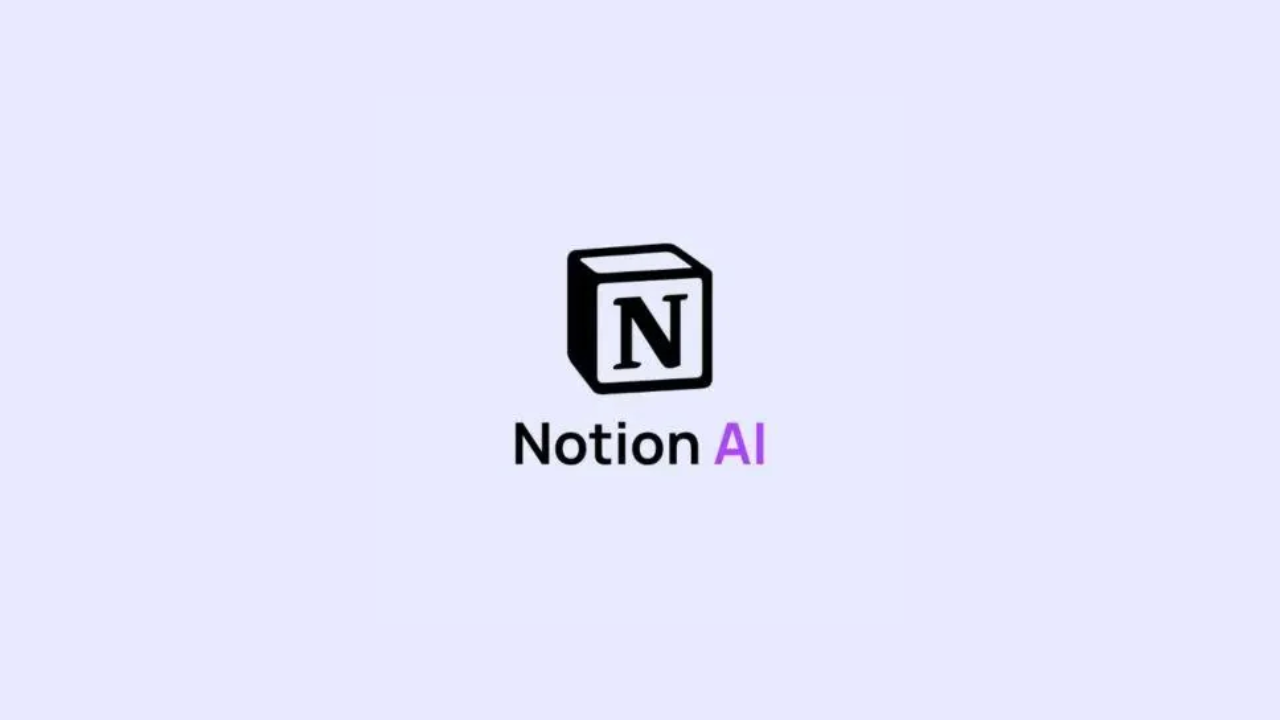
Notion, a versatile productivity tool, has integrated AI capabilities to assist product managers in managing knowledge and tasks efficiently. With Notion AI, you can summarize documents, generate content, and automate repetitive tasks.
Key Features:
-
AI Writing Assistant: Summarizes notes and drafts content.
-
Task Management: Organizes and prioritizes tasks automatically.
-
Database Automation: Updates and manages databases based on your workflow.
-
Collaboration Tools: Enhances team collaboration with shared workspaces.
Best Use Cases:
-
Creating and managing product documentation.
-
Summarizing customer feedback and meeting notes.
-
Automating knowledge management for large teams.
Official Link: Notion
How AI Tools Streamline Product Management
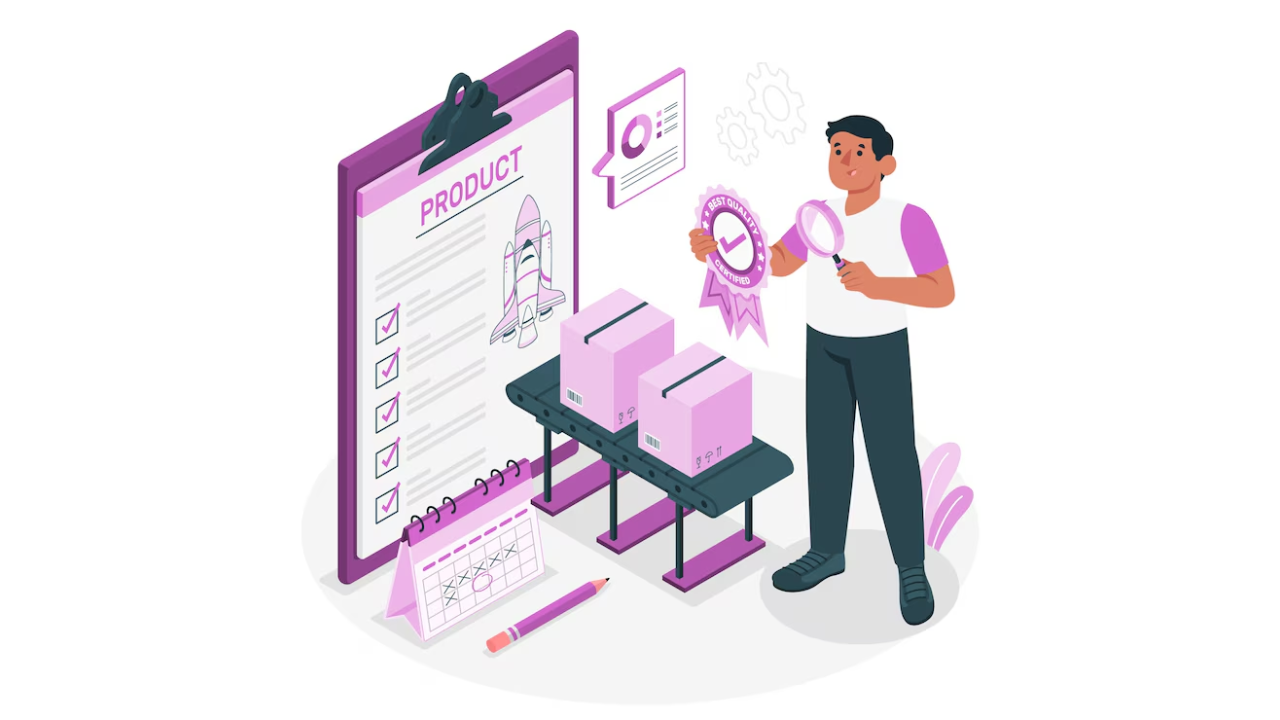
AI tools for product managers simplify and enhance every aspect of their roles. Here’s how:
1. Automating Routine Tasks
Tools like Trello’s Butler and Jira’s automation features free up time by handling repetitive tasks like status updates and task assignments.
2. Driving Data-Driven Decisions
Platforms like Amplitude and Productboard analyze user data and customer feedback, enabling smarter decisions on feature prioritization and product roadmaps.
3. Enhancing Collaboration
With AI-powered collaboration tools like Notion and Jira, teams can communicate and work more effectively, ensuring everyone is aligned on goals.
4. Increasing Productivity
AI tools reduce cognitive load by handling administrative tasks, letting product managers focus on strategic initiatives and innovation.
Conclusion
AI tools for product managers are no longer optional—they are essential for staying competitive in 2025. From analyzing customer data to automating workflows, these tools empower product managers to make smarter decisions, collaborate effectively, and deliver exceptional products. Start exploring tools like Jira, Productboard, Trello, Amplitude, and Notion AI today to transform your product management processes.